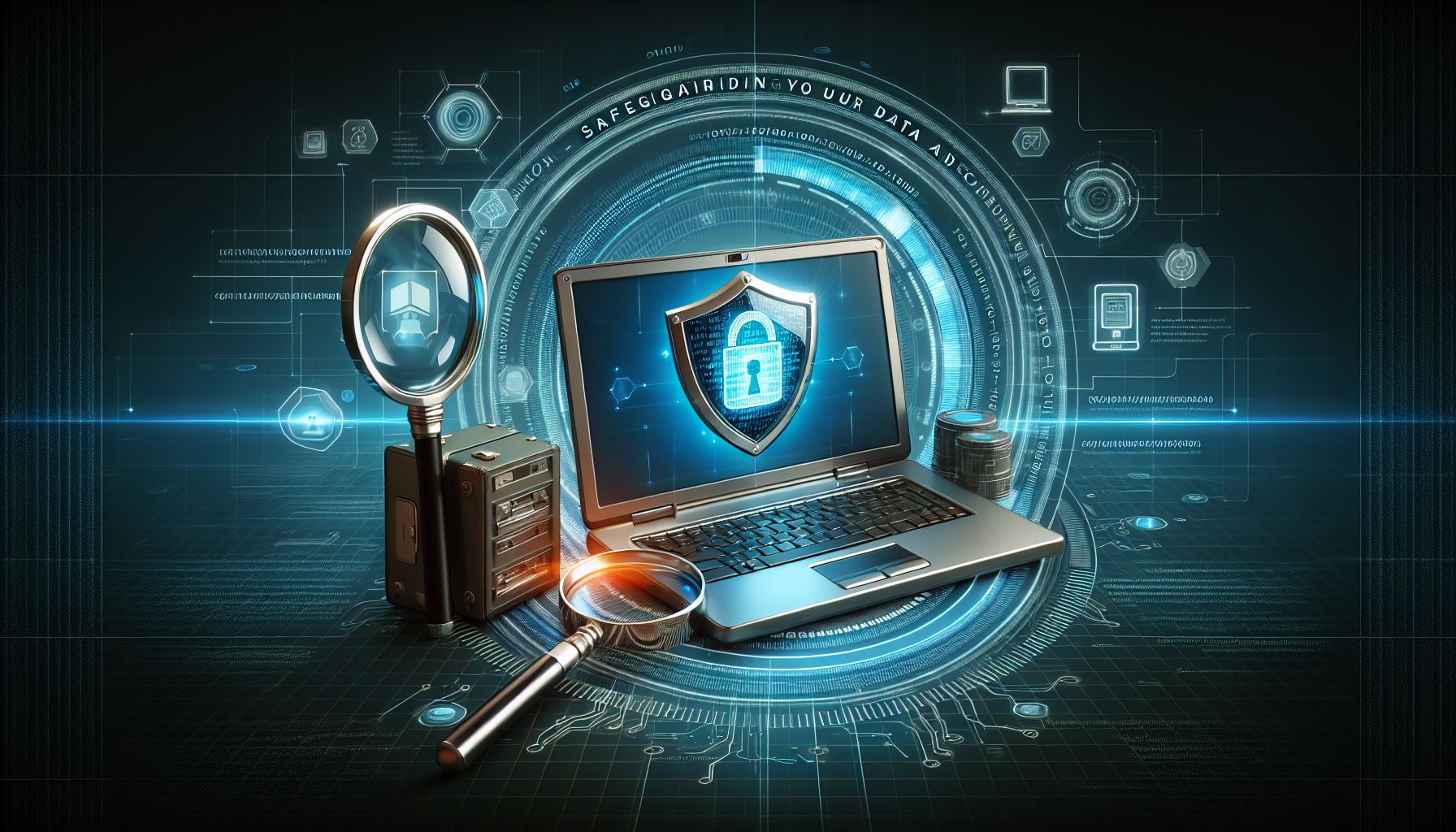In today’s digital age, the threat of cyber attacks is more prevalent than ever. As technology continues to advance, so do the tactics of cyber criminals. It is essential for businesses and individuals alike to prioritize cyber security and be prepared to respond effectively in the event of a breach. This is where computer forensics comes into play.
The Importance of Cyber Security
Cyber security is the practice of protecting systems, networks, and data from cyber attacks. This includes preventing unauthorized access, ensuring data confidentiality and integrity, and maintaining the availability of resources. With the increasing reliance on technology for day-to-day operations, the consequences of a cyber attack can be devastating. Not only can it result in financial loss, but it can also damage a company’s reputation and erode customer trust.
Implementing strong cyber security measures is crucial in safeguarding sensitive information and preventing data breaches. This includes the use of firewalls, encryption, antivirus software, and regularly updating security protocols. It is also important for organizations to educate employees on best practices for cybersecurity and enforce strict password policies.
Introduction to Computer Forensics
Computer forensics is a branch of digital forensic science that focuses on the investigation and analysis of digital evidence. When a cyber attack occurs, computer forensics professionals use specialized techniques to gather and preserve evidence, analyze data, and determine the extent of the breach. This information is crucial in identifying the root cause of the attack, tracing the perpetrator, and developing strategies to prevent similar incidents in the future.
Computer forensics involves a variety of tools and methodologies, including forensic imaging, network analysis, and data recovery. Digital evidence can take many forms, such as emails, text messages, and log files. By closely examining these digital artifacts, investigators can reconstruct the sequence of events leading up to the breach and gain insight into the motives and methods of the attacker.
The Role of Computer Forensics in Cyber Security
Computer forensics plays a critical role in cyber security by providing valuable insights into the nature of cyber threats and helping organizations respond effectively to security incidents. By conducting a thorough investigation and analysis of digital evidence, computer forensics professionals can identify vulnerabilities in a system, determine the extent of the damage, and develop strategies to prevent future attacks.
In addition to responding to security incidents, computer forensics can also be used proactively to strengthen an organization’s cyber security posture. By conducting regular audits and assessments of digital systems, companies can identify potential vulnerabilities and implement measures to mitigate risks before they are exploited by malicious actors.
Conclusion
In today’s digital landscape, cyber security and computer forensics are essential components of a comprehensive security strategy. By prioritizing the protection of digital assets and investing in the necessary tools and expertise, organizations can safeguard their data and minimize the impact of potential cyber attacks. Remember, when it comes to cyber security, prevention is always better than cure. So, stay vigilant, stay informed, and stay safe.




